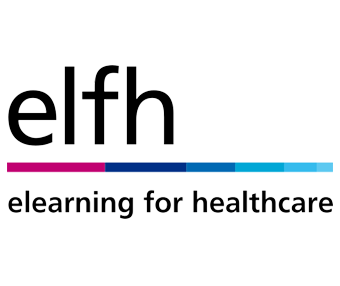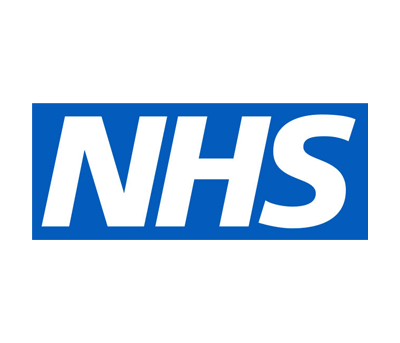The Complex Clinical Reason course includes nine elearning sessions. These can be completed in any order, across any timeframe.
1: Principles of clinical reasoning
An introduction to the learning process and is an opportunity for you as a supervisor to present learning opportunities to the supervisee. Creating a space to collaborate with the supervisee and negotiate a learning programme that suits both parties.
2: Exploration of the normative and narrative accounts
This session divides the clinical reasoning process into normative and narrative aspects of clinical decision making to facilitate two differing perspectives that can influence the clinical reasoning process. There may be tensions between these areas and at the same time an ever changing and evolving context that needs to be considered when taking the next step.
3: Adding layers of complexity – adding social and historical contexts
This session describes aspects of the history of clinical reasoning in healthcare from an agent-host model through to the bio-psychosocial and biocultural models. Not only has clinical reasoning had to evolve with a greater understanding and development of the natural sciences it has also had to respond to, and acknowledge, the societal and cultural changes that have unfolded alongside it. This is particularly relevant when considering the current challenges of longer-term conditions and associated co-morbidities.
4: Clinical decision making – the theory into practice
This session describes some of the many models of clinical reasoning that are used in practice including a shift toward personalised care that acknowledge the co-constructed and shared understanding of the human predicament.
5: Balancing the analytical process
This session uses a case study of a person with back pain to explore the analytical, emotive and intuitive aspects of clinical reasoning. This highlights how clinical reasoning is not simply a matter of adding things up and considering the weight of the presenting evidence, it also includes aspects of gut feeling and emotions drawn from previous experiences, current events, and anticipations of the future.
6: Multi-professional clinical reasoning
This session recognises different forms of clinical reasoning and the various approaches that are applied from different professional perspectives. It attempts to provide a consolidated model taking into account the clinical reasoning theories, strategies and frameworks that are centred around the person that we are caring for.
7: Movements in clinical reasoning – from evidence based medicine to clinical mindlines
This session describes and contrasts two distinct, but related accounts of how evidence in clinical practice should be considered and evaluated. This starts with evidence-based medicine as the starting point in the early 1990’s through to a modern version of evidence-based medicine or healthcare. The concept of clinical mindlines is introduced and discussed with the aim of encouraging the participant of this session to reflect upon the nature of knowledge and how it is used in clinical practice.
8: Philosophical considerations in clinical reasoning
Clinicians will often have to judge many different, and often contentious, forms of information in order to reach a decision. The nature of this information does not exist in a vacuum and will come from a particular perspective. This is where philosophy can shed light on the implicit and taken for granted assumptions that we all have when using evidence in order to make clinical decisions. It is hoped that this session will provide a platform for clinicians to consider this and allow a space for future reflective practice.
9: Ethical considerations in clinical reasoning
All clinical decisions require an ethical standpoint. This session explores and describes different ethical perspectives spanning general ethical considerations to particular cases. It is hoped that this session will draw the attention of clinicians to this important area of healthcare practice.
NOTE:- Evidence for Portfolios
After the learner has completed all the elearning sessions and discussed the various topics encountered throughout the programme, it is recommended for the learner to undergo a final observed clinical practice. This is followed by a discussion with the supervisor and then by completing a reflective account or essay. The reflective account or essay can be used as evidence on the learner’s portfolio of evidence for progression along the continuum of enhanced to advanced to consultant levels of practice.

